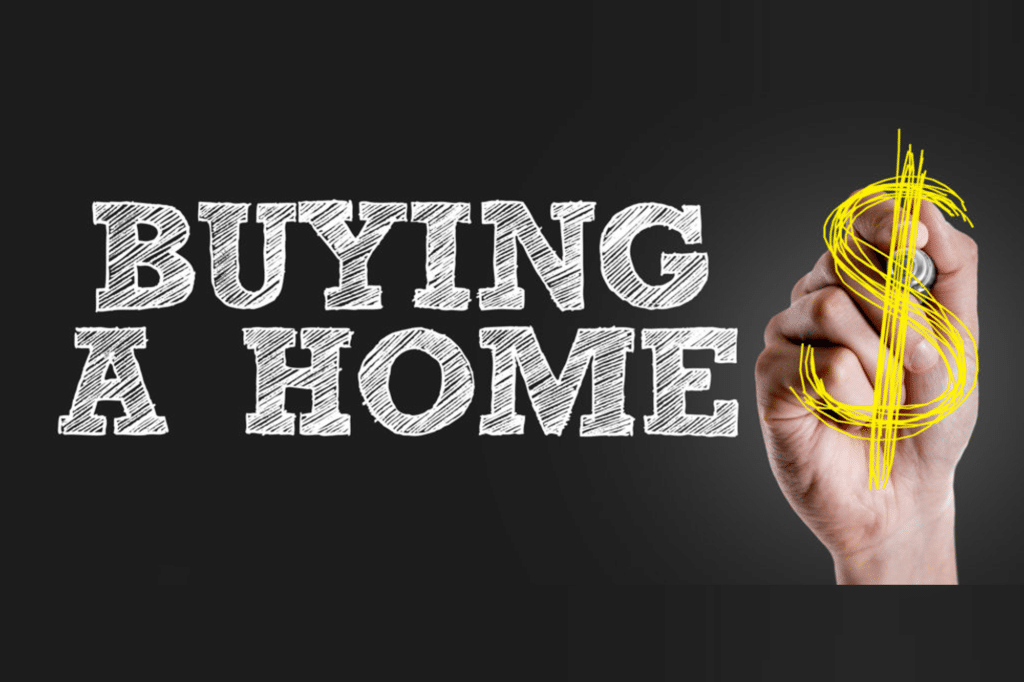Home Buying 101: Tips for Financing Your New Construction

Buying a home often comes with many obstacles that need to be navigated. Constructing a home from the ground up, though, comes with a few additional factors that you'll need to keep in mind.
Financing is often the biggest challenge that buyers face while organizing new construction. Fortunately, there's a handful of useful tips you can keep in mind.
Not sure where to start? Don't worry, we’ve got you covered.
Let's take a look at everything you need to know about home buying 101.
Home Buying 101: How Much Should You Put Down?
This is one of the most important questions that buyers should ask themselves, as it will influence how much your mortgage payments are.
While the actual amount you allocate as a down payment will depend on the total cost of your home's construction, there are different percentages that you should consider.
While FHA loans are often a sought-after option for buyers due to only being required to put down 3.5% of the home's price, they aren't available for more expensive homes.
So, you're left with either putting down 10% or 20% of the home's value.
Let's use a $500,000 home as an example.
If you put down 10% ($50,000) on a home of this price, your mortgage amount will be $450,000.
If you put down 20% ($100,000) on a home of this price, your mortgage amount will be $400,000.
Your mortgage payment will depend on how long your repayment plan is (often 15 years or 30 years) and the interest rate offered by your lender. It's also important to note that if your down payment is less than 20%, you'll need to purchase private mortgage insurance.
This payment will be factored into your mortgage until you've built up 20% equity in your home. So, if you'd like to keep your monthly payment as low as possible, it's recommended you put down at least 20%.
Putting more money down also has the added benefit of allowing you to accrue less in interest over time, which will decrease the total amount that you pay for your home.
This is especially useful for those who want to fully own their home relatively soon (such as within five years) after their purchase.
If you aren't able to place this much money down, though, it's not the end of the world— there are plenty of lenders who will work with you and help keep your mortgage payment reasonable.
What to Consider When Deciding on a Lender
Choosing the right lender is often a daunting process for homebuyers, as they aren't quite sure what attributes to look for. Since financing a home is such a large life decision, it's only natural that a notable amount of anxiety comes with it.
Fortunately, though, there are characteristics of reliable lenders that you can keep an eye out for. Let's take a look.
Research Their Reputation
The first thing you should do before choosing a lender is to research their reputation. Some lenders may exaggerate their offers or otherwise mislead potential clients into working with them.
You can avoid these pitfalls, though, by looking thoroughly online and seeing what other people have to say about their services.
It's also important to keep in mind that you should be wary of both overly negative and overly positive reviews. It's not impossible for a lender to have false reviews posted on their site or for them to be a victim of a reputation attack.
For example, a review that extensively attacks the company's service, employees, etc. is likely one that can't be trusted. Similarly, a review that sounds more like an advertisement shouldn't be fully trusted, either.
You'll want to look for reviews that sound like they're based on an honest experience that a customer had in order to get the best idea of what working with that lender will be like.
How Flexible Are They?
Take a look at their mortgage options to see how much flexibility they provide. Since it's in the lender's best interest to accommodate their customers as best as they can, it doesn't make sense for a lender to be overly rigid with their rates.
This is especially true if their interest rates are already notably high. While there's often a 'floor' that lenders can't go beneath in terms of annual percentage rate (APR), the only 'ceiling' is how much their clients are willing to pay.
So, lenders with unreasonably high rates should be avoided from the very beginning. Otherwise, you may find yourself in a difficult financial situation you should've never entered.
Fairway Independent Mortgage Corp.: Our Trusted Lender
We only work with lenders who we've deemed both trustworthy and reliable. Fairway Independent Mortgage Corp. has been in the industry for over two decades and prioritizes connecting people with the home that's ideal for their needs.
The firm's core values include humility, kindness, and generosity, which has a large contributing factor to their success over the years.
Since the company was founded, Fairway Independent Mortgage Corp. has funded nearly $130 billion in loans for homeowners. They've also been ranked as one of the top 10 mortgage companies in the nation by Mortgage Executive Magazine.
So, it's easy to see why we recommend them as the go-to financing option for our buyers!
Financing New Construction Can Seem Difficult
But it doesn't have to be.
With the above home buying 101 information in mind, you'll be well on your way toward making the best decision for you.
Want to learn more about how we can help? Feel free to get in touch with us today to see what we can do.
